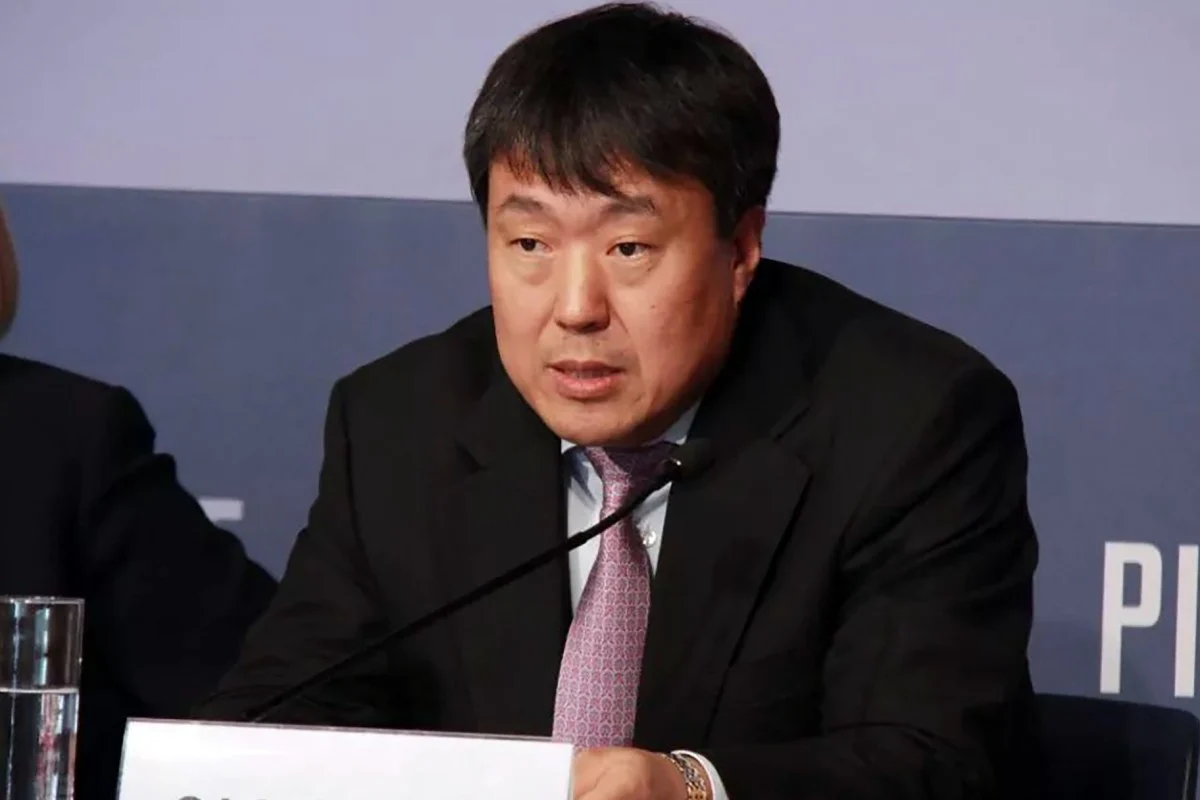By Brian Iselin, Associate Editor
Gao Shanwen‘s recent speech in Shenzhen has ripped through China’s carefully crafted economic narrative. The prominent Chinese economist‘s blunt assessment of the country’s youth crisis and its broader economic implications offers a rare, unvarnished look at the challenges facing the world’s second-largest economy.Gao paints a grim picture of China’s younger generation. Once seen as the drivers of consumption and innovation, young Chinese are now “turning off the lights and eating noodles” – a stark metaphor for their forced frugality amid dwindling opportunities. This reality clashes sharply with the government’s long-promoted image of a thriving, upwardly mobile youth. The economist points out a puzzling trend: provinces with younger populations show slower consumption growth than those with older demographics.
This unexpected pattern reveals deep-seated issues in China’s economy. While retirees “enjoy their twilight years and dance in public places,” young people grapple with diminished income prospects and struggle to find suitable employment. This generational economic divide is more than a social issue; it’s a looming threat to China’s economic future. The youth, traditionally fueling innovation, entrepreneurship, and consumption, are now hindering growth. Gao’s succinct description – “vibrant older people, lifeless young people, and middle-aged people in despair” – captures the current economic mood.The swift censorship of Gao’s speech by Chinese authorities speaks volumes. Removing his remarks from WeChat for “violations” underscores the government’s unease with any narrative challenging its official economic stance. This reflexive silencing of dissenting voices, even from respected economists, casts doubt on the reliability of official economic data and the true state of China’s economy.
This censorship isn’t isolated. It’s part of a broader pattern of suppressing information that might shake public confidence in the economy. The government’s recent decision to stop publishing youth unemployment data amid disappointing economic figures is a prime example. Such actions only breed speculation and uncertainty about the real economic situation.Gao’s observations echo reports from white-collar and blue-collar workers alike, who describe struggles at odds with state media’s rosy portrayals. This gap between official narratives and ground realities is becoming harder to ignore.The economic troubles of China’s youth reach far beyond its borders. As a global economic powerhouse, China’s domestic issues ripple worldwide. A potential slowdown in Chinese consumption could disrupt global supply chains, international trade, and investment flows.The suppression of frank economic discussions also raises questions about China’s ability to effectively tackle its challenges. Open dialogue and honest assessment are essential for crafting sound economic policies.
By muzzling voices like Gao’s, China risks overlooking crucial insights that could help navigate its economic difficulties.This situation also questions the sustainability of China’s economic model. For decades, the country has relied on a steady influx of young, educated workers to fuel its growth. If this demographic now struggles to find meaningful employment and contribute to economic growth, it may signal the need for fundamental changes in China’s economic approach.The stark contrast between the older and younger generations’ experiences highlights the uneven nature of China’s economic development. While some have reaped the benefits of China’s economic rise, others are left behind. This widening inequality could spark social unrest if left unaddressed.
The censorship of Gao’s speech also reveals the Chinese government’s precarious balancing act between projecting strength and managing real economic challenges. By tightly controlling the narrative, authorities risk eroding their credibility both at home and abroad. As China wrestles with these issues, the world watches intently. The country’s ability to navigate these challenges will significantly impact the global economy. Can China revitalize its youth and tap into their economic potential? Or will it continue to brush these issues aside, potentially worsening the problem?
Gao’s speech also touched on other critical economic issues. He highlighted the property market’s woes, noting that real estate, once a major growth driver, now weighs heavily on the economy. This shift profoundly affects local government finances and overall economic stability. The economist also questioned China’s GDP data, suggesting actual growth rates might be lower than officially reported. Coming from a respected figure in Chinese economic circles, this assertion lends weight to long-standing international doubts about the accuracy of China’s economic statistics.
Gao’s frank discussion extended to China’s technological development. He argued that despite significant investments, China lags in crucial tech areas, particularly semiconductors. This tech gap could significantly impact China’s economic competitiveness and national security ambitions. Gao Shanwen’s candid assessment serves as a wake-up call for China and all stakeholders in the global economy. It underscores the need for honest economic discussions and the risks of suppressing critical voices.
As China faces this economic turning point, the world awaits its response to these fundamental issues threatening its long-term prosperity. Readers seeking a deeper analysis of China’s economic challenges and their global implications can find a deeper analsys of the Chinese economiy in the Special Paper “The Economic Leash: China’s Financial Tethers and Global Power Plays,” available on the Institute for Security and Development Policy’s (ISDP) website.
